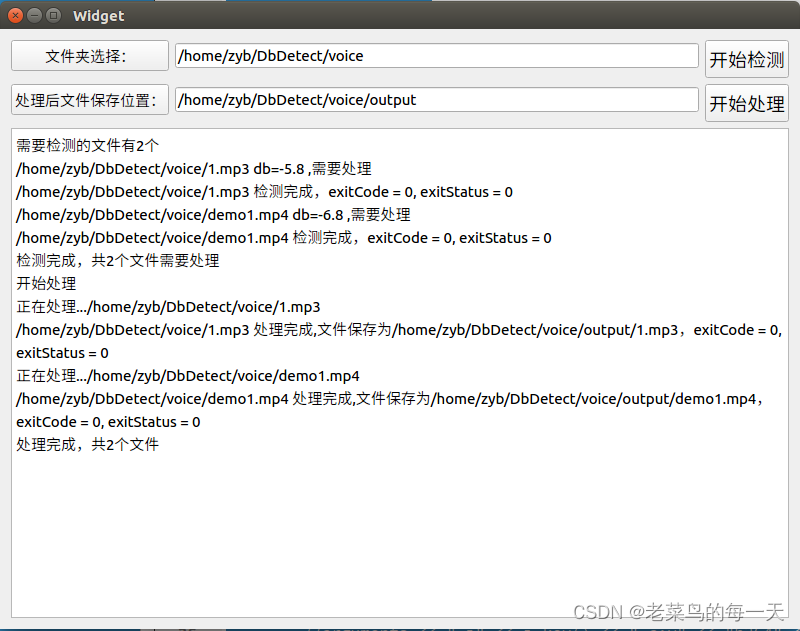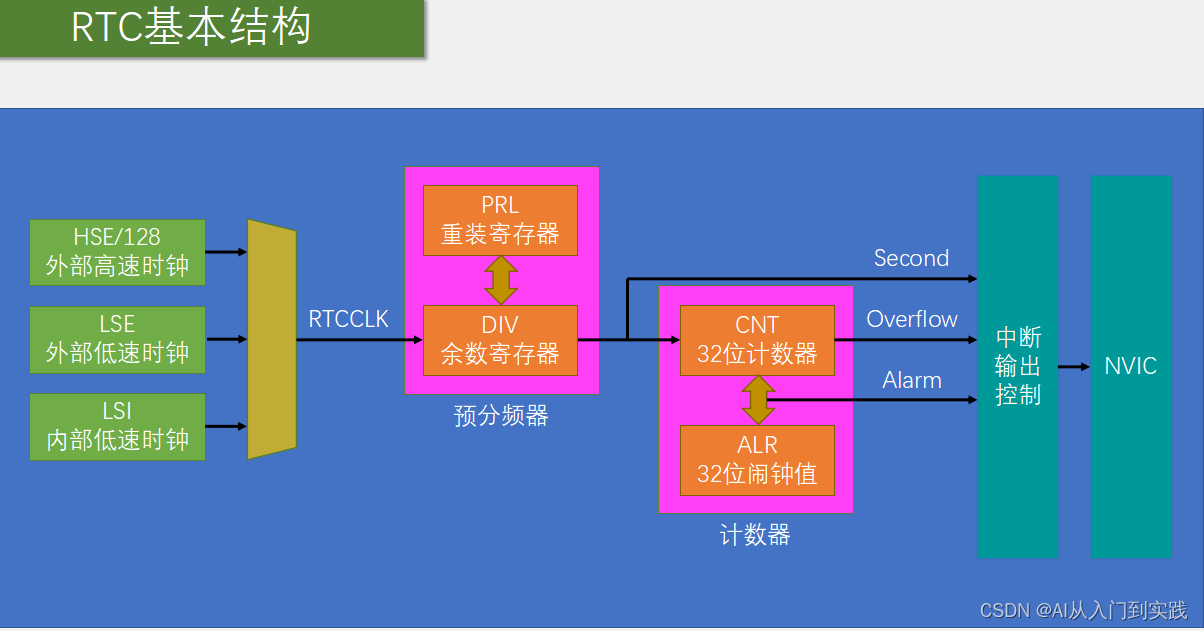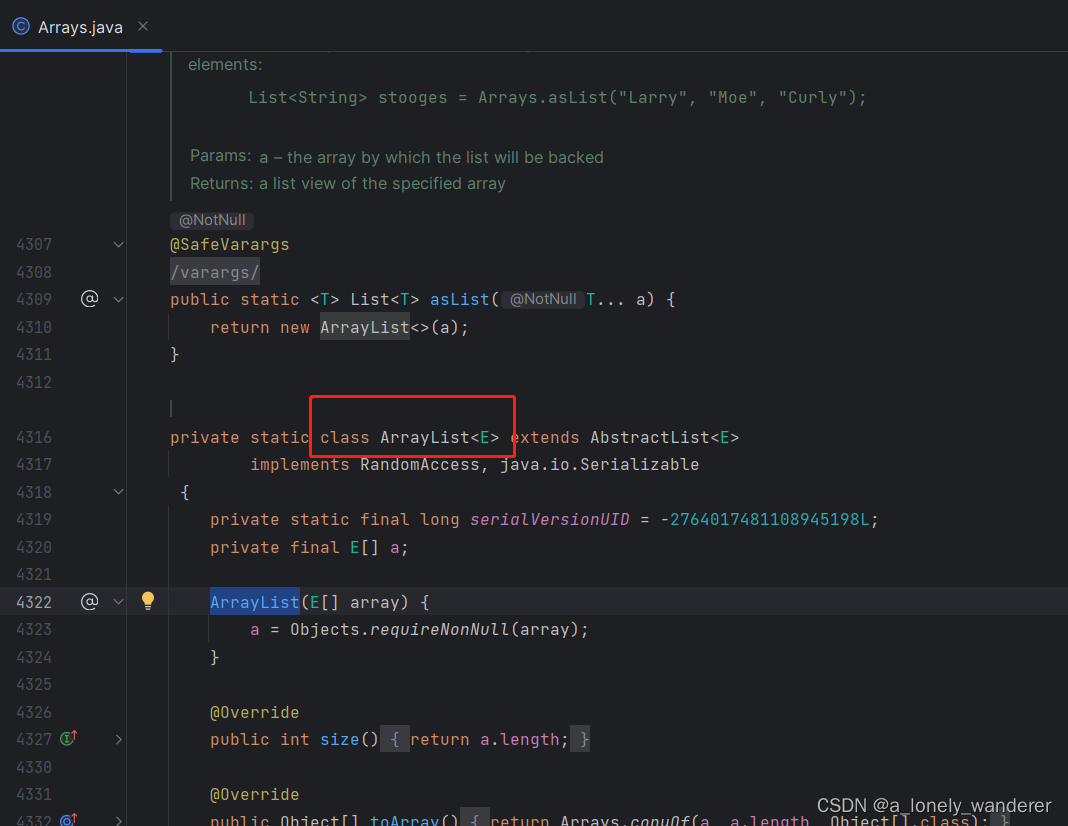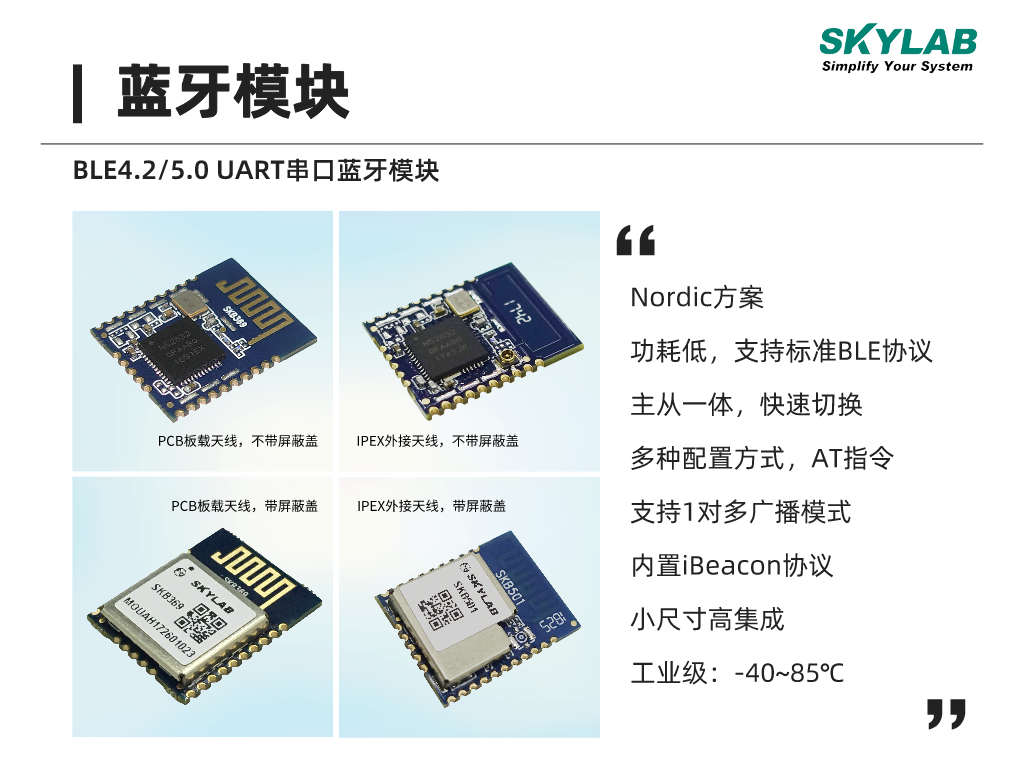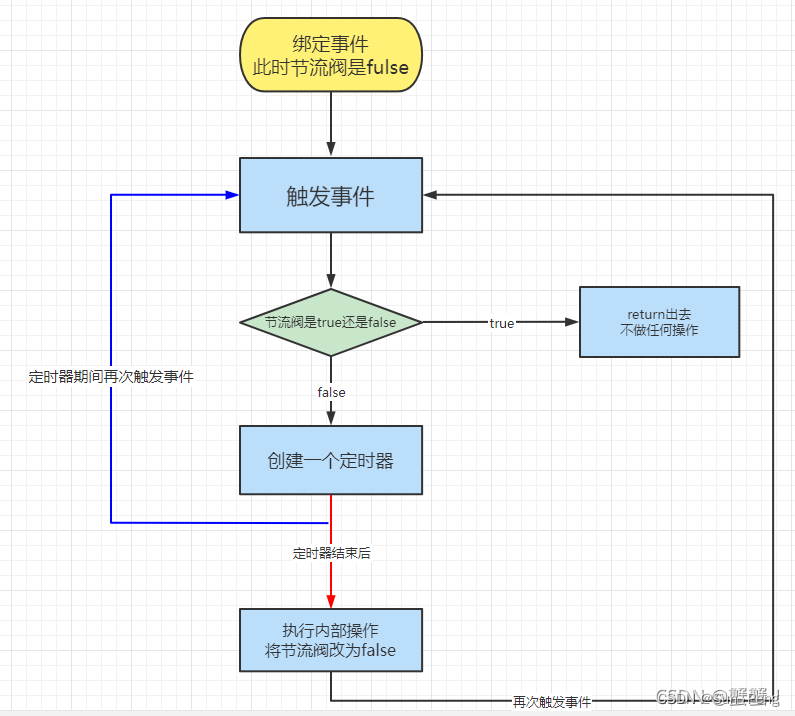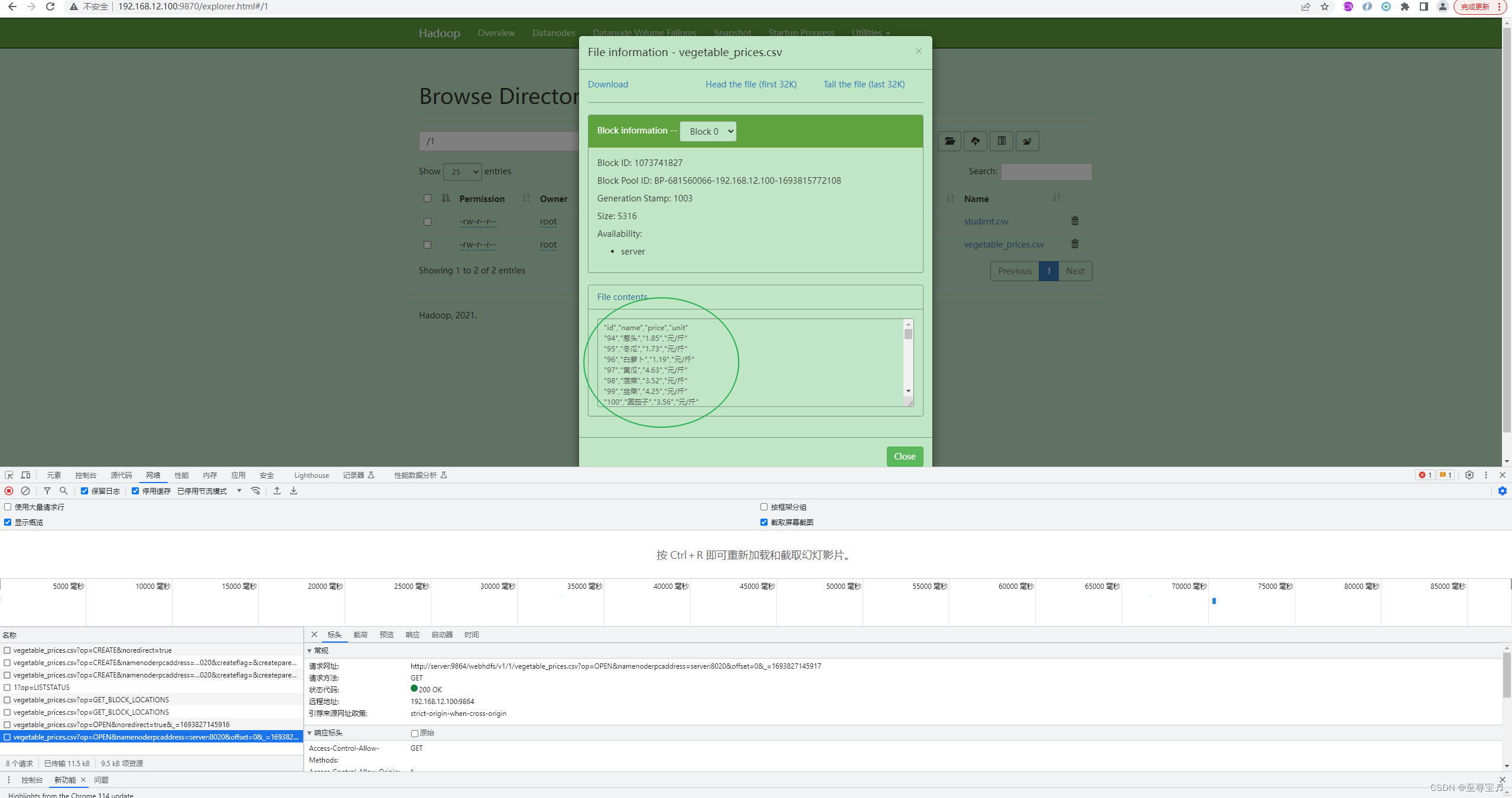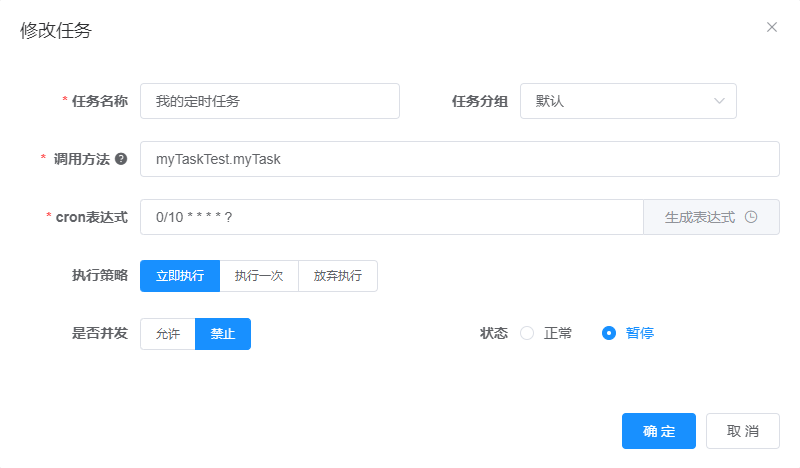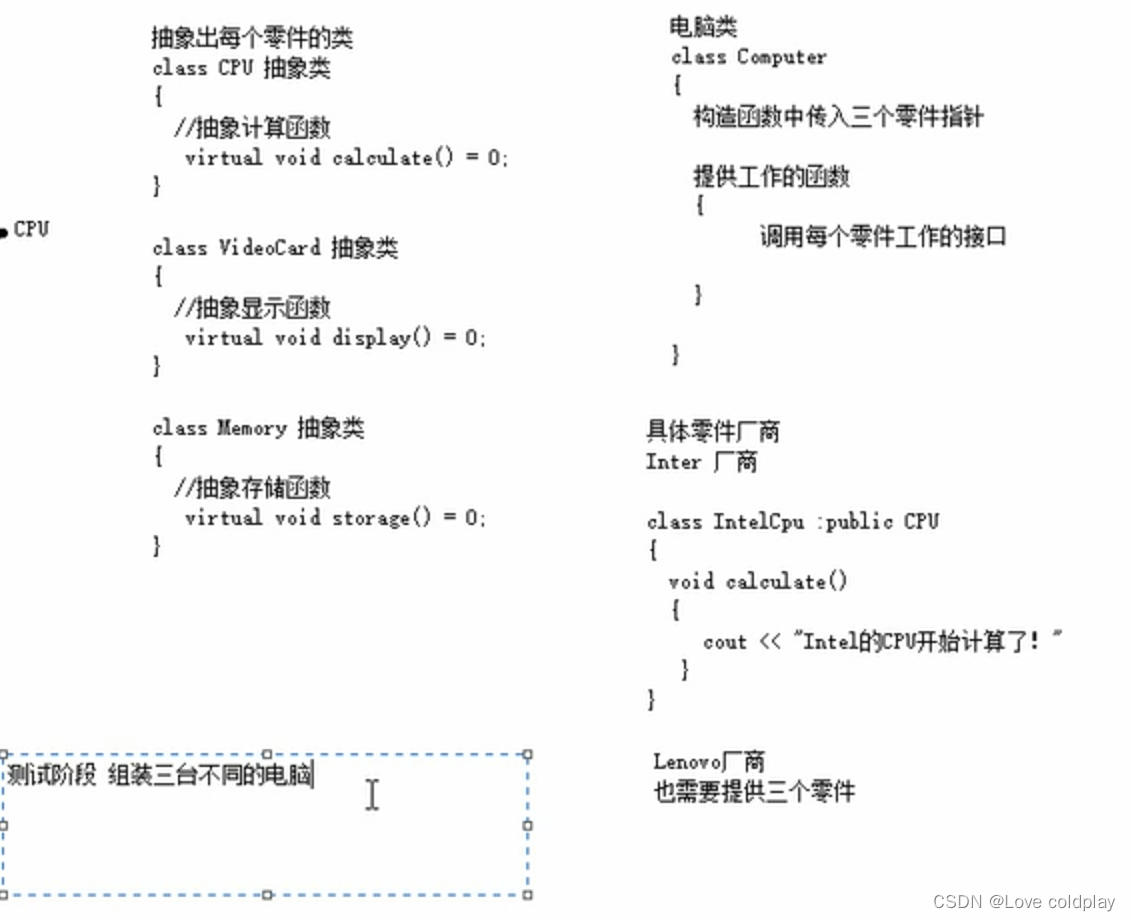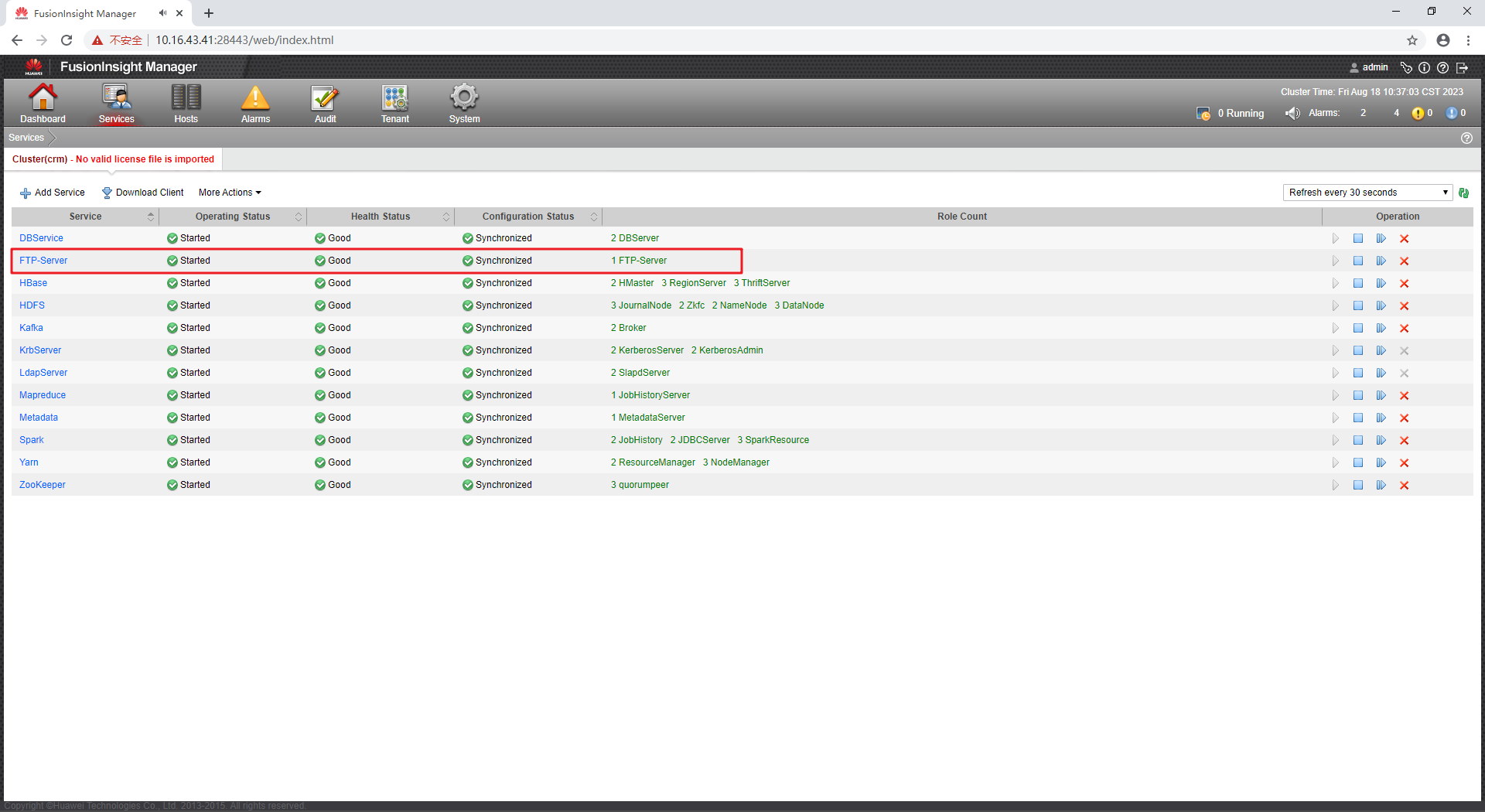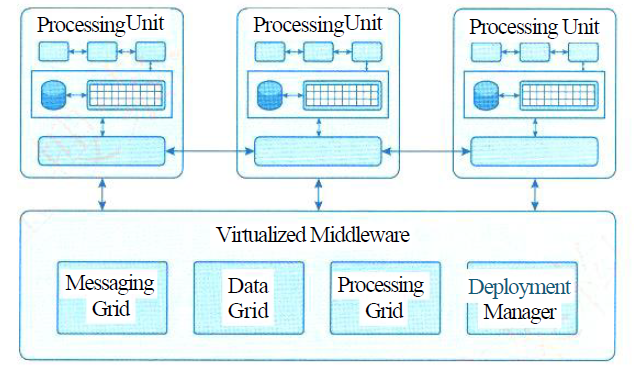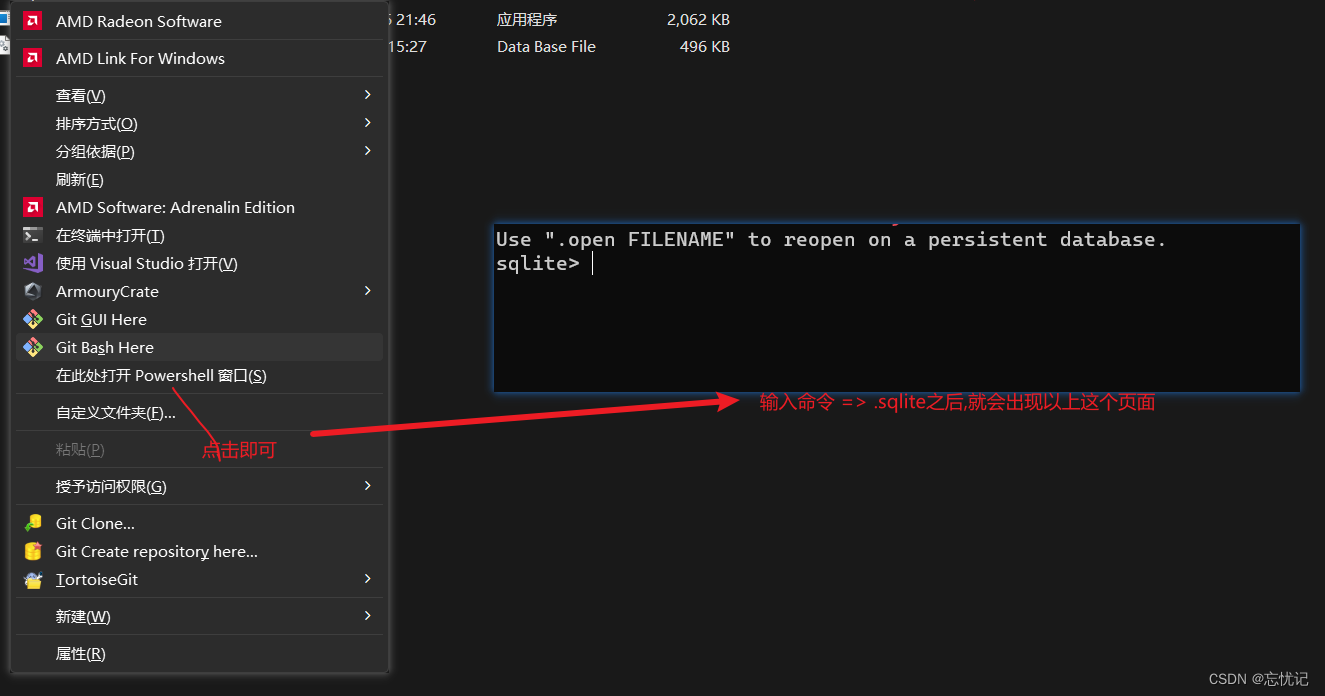目录
一、前言
二、创建项目
创建MySQL数据库和表
创建springboot项目
本文总体代码结构图预览
三、编写代码
(一)新建实体层属性类
(二)新建数据层mapper接口
(三)新建mapper的映射SQL(xml)
(四)新建服务层接口
(五)新建服务层的实现类
(六)控制层类
(七)配置文件加入扫描xml文件
四、运行代码
查询全部
根据ID查询
根据ID删除
新增
修改
五、代码获取
一、前言
在之前使用了mybatis-plus做项目,感觉不是很方便,特别是涉及到多表查询,虽然MP不用写SQL语句,但是缺点就是不够灵活。做做一些小demo就差不多了。 真正项目里面使用最多的还是mybatis,根据自己的需要写SQL语句。中小型项目sql语句用注解可能会方便一点,大型的项目用xml会更好一些,所以我这里直接演示用的是xml形式
二、创建项目
创建MySQL数据库和表
创建MySQL数据库和创建表的详细步骤(navicat)_mysql navicat新建数据库_云边的快乐猫的博客-CSDN博客
创建springboot项目
使用这个文章里面的方式二创建springboot项目
IDEA创建SpringBoot项目的两个方式详细步骤(2023)_云边的快乐猫的博客-CSDN博客
源码链接:https://pan.baidu.com/s/1TA9QvOG8rRzen6CROvpIeQ?pwd=jiu1
本文总体代码结构图预览
👆按照上面的方式创建springboot项目。这里面的东西都会有的
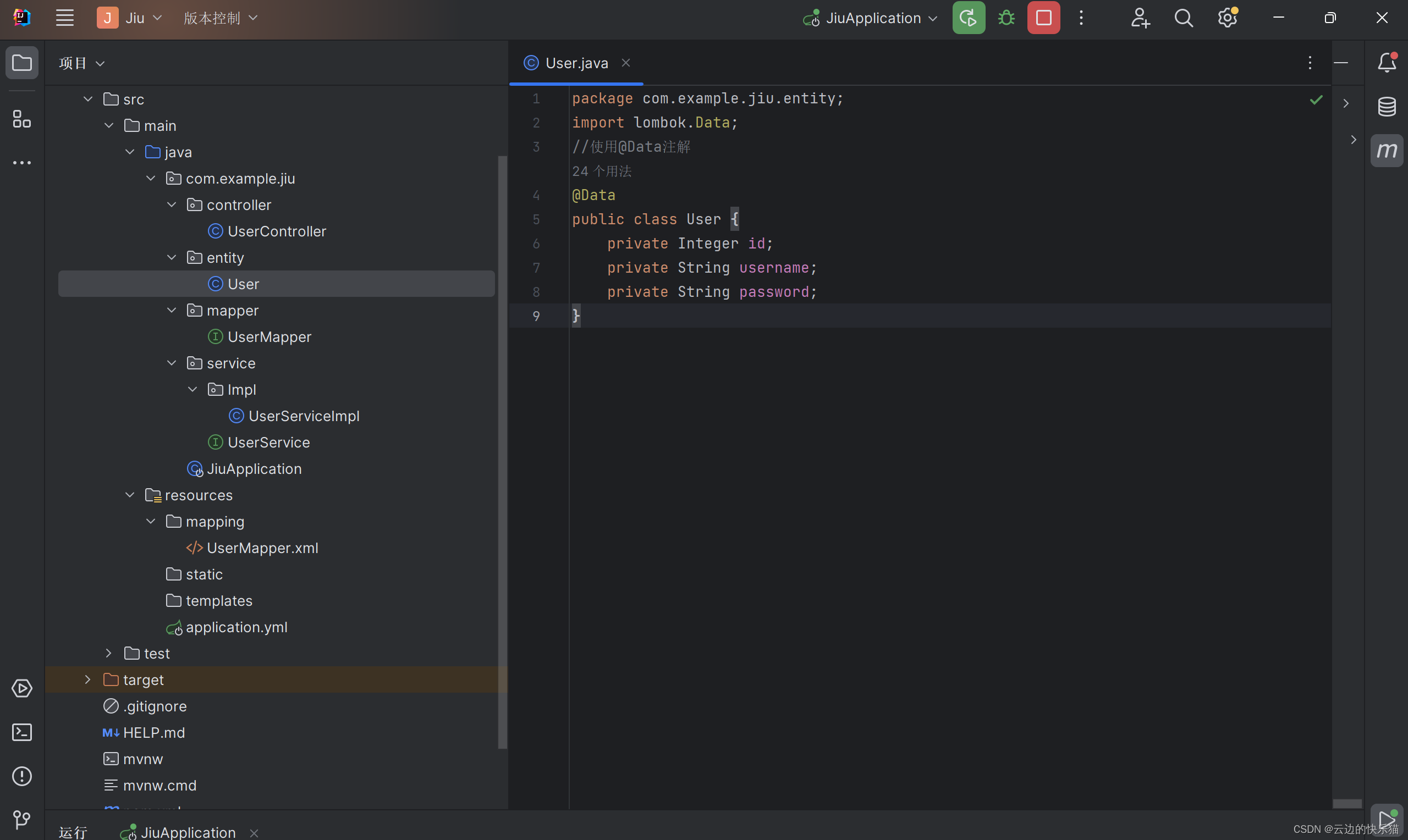
总体配置文件(仅供参考,可跳过)
server:
port: 80
spring:
datasource:
type: com.alibaba.druid.pool.DruidDataSource
driver-class-name: com.mysql.cj.jdbc.Driver
url: jdbc:mysql://localhost:3306/dndata?serverTimezone=GMT%2b8
username: root
password: 123456
mybatis:
mapper-locations: classpath:mapping/*.xml
type-aliases-package: com.example.jiu.entitypom.xml依赖文件(仅供参考,可跳过)
<?xml version="1.0" encoding="UTF-8"?>
<project xmlns="http://maven.apache.org/POM/4.0.0" xmlns:xsi="http://www.w3.org/2001/XMLSchema-instance"
xsi:schemaLocation="http://maven.apache.org/POM/4.0.0 https://maven.apache.org/xsd/maven-4.0.0.xsd">
<modelVersion>4.0.0</modelVersion>
<parent>
<groupId>org.springframework.boot</groupId>
<artifactId>spring-boot-starter-parent</artifactId>
<version>2.7.15</version>
<relativePath/> <!-- lookup parent from repository -->
</parent>
<groupId>com.example</groupId>
<artifactId>Jiu</artifactId>
<version>0.0.1-SNAPSHOT</version>
<name>Jiu</name>
<description>Jiu</description>
<properties>
<java.version>11</java.version>
</properties>
<dependencies>
<dependency>
<groupId>org.springframework.boot</groupId>
<artifactId>spring-boot-starter-web</artifactId>
</dependency>
<dependency>
<groupId>org.mybatis.spring.boot</groupId>
<artifactId>mybatis-spring-boot-starter</artifactId>
<version>2.3.1</version>
</dependency>
<dependency>
<groupId>org.springframework.boot</groupId>
<artifactId>spring-boot-devtools</artifactId>
<scope>runtime</scope>
<optional>true</optional>
</dependency>
<dependency>
<groupId>com.mysql</groupId>
<artifactId>mysql-connector-j</artifactId>
<scope>runtime</scope>
</dependency>
<dependency>
<groupId>org.projectlombok</groupId>
<artifactId>lombok</artifactId>
<optional>true</optional>
</dependency>
<dependency>
<groupId>org.springframework.boot</groupId>
<artifactId>spring-boot-starter-test</artifactId>
<scope>test</scope>
</dependency>
<dependency>
<groupId>org.mybatis.spring.boot</groupId>
<artifactId>mybatis-spring-boot-starter-test</artifactId>
<version>2.3.1</version>
<scope>test</scope>
</dependency>
<dependency>
<groupId>com.alibaba</groupId>
<artifactId>druid-spring-boot-starter</artifactId>
<version>1.2.16</version>
</dependency>
</dependencies>
<build>
<plugins>
<plugin>
<groupId>org.springframework.boot</groupId>
<artifactId>spring-boot-maven-plugin</artifactId>
<configuration>
<excludes>
<exclude>
<groupId>org.projectlombok</groupId>
<artifactId>lombok</artifactId>
</exclude>
</excludes>
</configuration>
</plugin>
</plugins>
</build>
</project>
三、编写代码
(一)新建实体层属性类
1.新建一个entity包,里面再创建一个和数据库表名对应的类(驼峰命名)
类名:User
这个类是和数据库表里面的字段对应上的,用Date注解里面包含了实体属性常用的get、set构造函数这些,具体可以去自行了解一下。
package com.example.jiu.entity;
import lombok.Data;
//使用@Data注解
@Data
public class User {
private Integer id;
private String username;
private String password;
}(二)新建数据层mapper接口
2.新建一个mapper包,里面创建一个数据层的接口
接口名:UserMapper
这里面的方法都是自定义的,是最开始的数据层的方法语句,后续的命名调用都根据这里的来
package com.example.jiu.mapper;
import com.example.jiu.entity.User;
import org.apache.ibatis.annotations.Mapper;
import java.util.List;
@Mapper
public interface UserMapper {
//自定义查询全部的方法
List<User> findAll();
//根据id查询
User findById(Integer id);
//自定义根据删除的方法
int deleteUserById(Integer id);
//自定义增加的方法
int addUser(User user);
//自定义修改的方法
int updateUser(User user);
}
(三)新建mapper的映射SQL(xml)
3.在resources目录下新建一个mapping包,里面创建一个xml文件
这个xml映射文件:UserMapper.xml
mapper标签里面对应的路径是mapper包里面对应映射接口的位置
SQL语句标签里面的id对应mapper接口里面定义的方法名
如果是查询的语句用resultType,后面跟着实体属性类的位置
其他的增删改用parameterType,后面跟着的是代表要往这个SQL里面传入什么,一般只有删除是int类型,其他的也都是实体属性类位置
<?xml version="1.0" encoding="UTF-8" ?>
<!DOCTYPE mapper
PUBLIC "-//mybatis.org//DTD Mapper 3.0//EN"
"https://mybatis.org/dtd/mybatis-3-mapper.dtd">
<!--这里面是映射mapper接口里面的,在这里编写sql语句-->
<mapper namespace="com.example.jiu.mapper.UserMapper"><!--namespace:对应mapper接口的全部路径-->
<!--映射查询方法-->
<select id="findAll" resultType="com.example.jiu.entity.User"><!--参数一:接口对应的方法名 参数二:封装类的详细地址-->
select * from user;<!--要执行的sql语句-->
</select>
<select id="findById" resultType="com.example.jiu.entity.User">
select * from user where id =#{id}
</select>
<!--映射删除的方法-->
<delete id="deleteUserById" parameterType="java.lang.Integer">
delete from user where id = #{id}
</delete>
<!-- 这里映射增加的方法 -->
<insert id="addUser" parameterType="com.example.jiu.entity.User">
insert into user (username,password) values (#{username},#{password})
</insert>
<!-- 这里定义修改的方法 -->
<update id="updateUser" parameterType="com.example.jiu.entity.User">
update user set username = #{username},password = #{password} where id = #{id}
</update>
</mapper>(四)新建服务层接口
4.新建一个service包,这里是服务层,主要就是编写逻辑代码的,拿mapper层的数据来编写逻辑代码,然后再交给控制层去调用。
服务层接口:UserService
这个接口里面的方法和mapper层接口里面的方法一样,这个接口存在的意义是为了降低耦合度
package com.example.jiu.service;
import com.example.jiu.entity.User;
import java.util.List;
//这里写的和mapper接口里面的一样
public interface UserService {
List<User> findAll();
User findById(Integer id);
int deleteUserById(Integer id);
int addUser(User user);
int updateUser(User user);
}
(五)新建服务层的实现类
5.在service包下再建立一个Impl包(包名首字母大写的),里面写上服务类接口的实现类
服务层实现类名称:UserServiceImpl
这里是实现了服务层的接口,并把mapper数据层注入到里面,里面的方法都是用快捷键去实现的,return后面跟着的全局变量.方法
package com.example.jiu.service.Impl;
import com.example.jiu.entity.User;
import com.example.jiu.mapper.UserMapper;
import com.example.jiu.service.UserService;
import org.springframework.beans.factory.annotation.Autowired;
import org.springframework.stereotype.Service;
import org.springframework.web.bind.annotation.RequestBody;
import java.util.List;
@Service
public class UserServiceImpl implements UserService {
//调用mapper的接口用做全局变量
private final UserMapper userMapper;
//代表当这个实现类被实例化就会自动找到mapper接口,并注入其中
@Autowired
public UserServiceImpl(UserMapper userMapper) {
this.userMapper = userMapper;
}
//这里都是用快捷键去实现生成接口里面的方法的。不过return后面跟着的要自己写,全局变量.方法
//查询全部
@Override
public List<User> findAll() {
return userMapper.findAll();
}
//根据id查询
@Override
public User findById(Integer id) {
return userMapper.findById(id);
}
//根据id删除
@Override
public int deleteUserById(Integer id) {
return userMapper.deleteUserById(id);
}
//增加
@Override
public int addUser(@RequestBody User user) {
return userMapper.addUser(user);
}
//修改
@Override
public int updateUser(User user) {
return userMapper.updateUser(user);
}
}
(六)控制层类
6.新建一个controller包,里面创建对应的控制类
控制层类名:UserController
这里面要自动注入服务层的实现类供下面的方法调用
方法名字可以自定义
package com.example.jiu.controller;
import com.example.jiu.entity.User;
import com.example.jiu.service.Impl.UserServiceImpl;
import org.springframework.beans.factory.annotation.Autowired;
import org.springframework.web.bind.annotation.*;
import java.util.List;
@RestController
@RequestMapping("/user")
public class UserController {
@Autowired
private UserServiceImpl userServiceImpl;
//查询全部的方法,调用服务层
@GetMapping
public List<User> findAll(){
return userServiceImpl.findAll();
}
//根据id查询
@GetMapping("/{id}")
public User findById(@PathVariable Integer id){
return userServiceImpl.findById(id);
}
//根据id删除,调用服务层
@DeleteMapping("/{id}")
public int delete(@PathVariable Integer id){
return userServiceImpl.deleteUserById(id);
}
//增加的方法,调用服务层
@PostMapping
public int add(@RequestBody User user){
return userServiceImpl.addUser(user);
}
//修改的方法,调用服务层
@PutMapping
public int put(@RequestBody User user){
return userServiceImpl.updateUser(user);
}
}
(七)配置文件加入扫描xml文件
7.在yml配置文件里面加入这个,代表可以把xml的文件加载扫描到
第一个是代表扫描到xml文件的包路径里面
第二个是代表实体类的包路径
mybatis:
mapper-locations: classpath:mapping/*.xml
type-aliases-package: com.example.jiu.entity四、运行代码
这里用的是postman测试
postman测试后端增删改查_云边的快乐猫的博客-CSDN博客
查询全部
get请求。就可以直接网页上面运行
http://localhost:80/user根据ID查询
get请求。例如查询id为1的就这样可以查询
http://localhost:80/user/1根据ID删除
delete请求。例如删除id为8的那行数据,删除成功返回1
http://localhost:80/user/8
新增
post请求。例如添加一个数据进去,由于数据库里面的id是设置为自增的,这里就不用添加id
了
http://localhost:80/user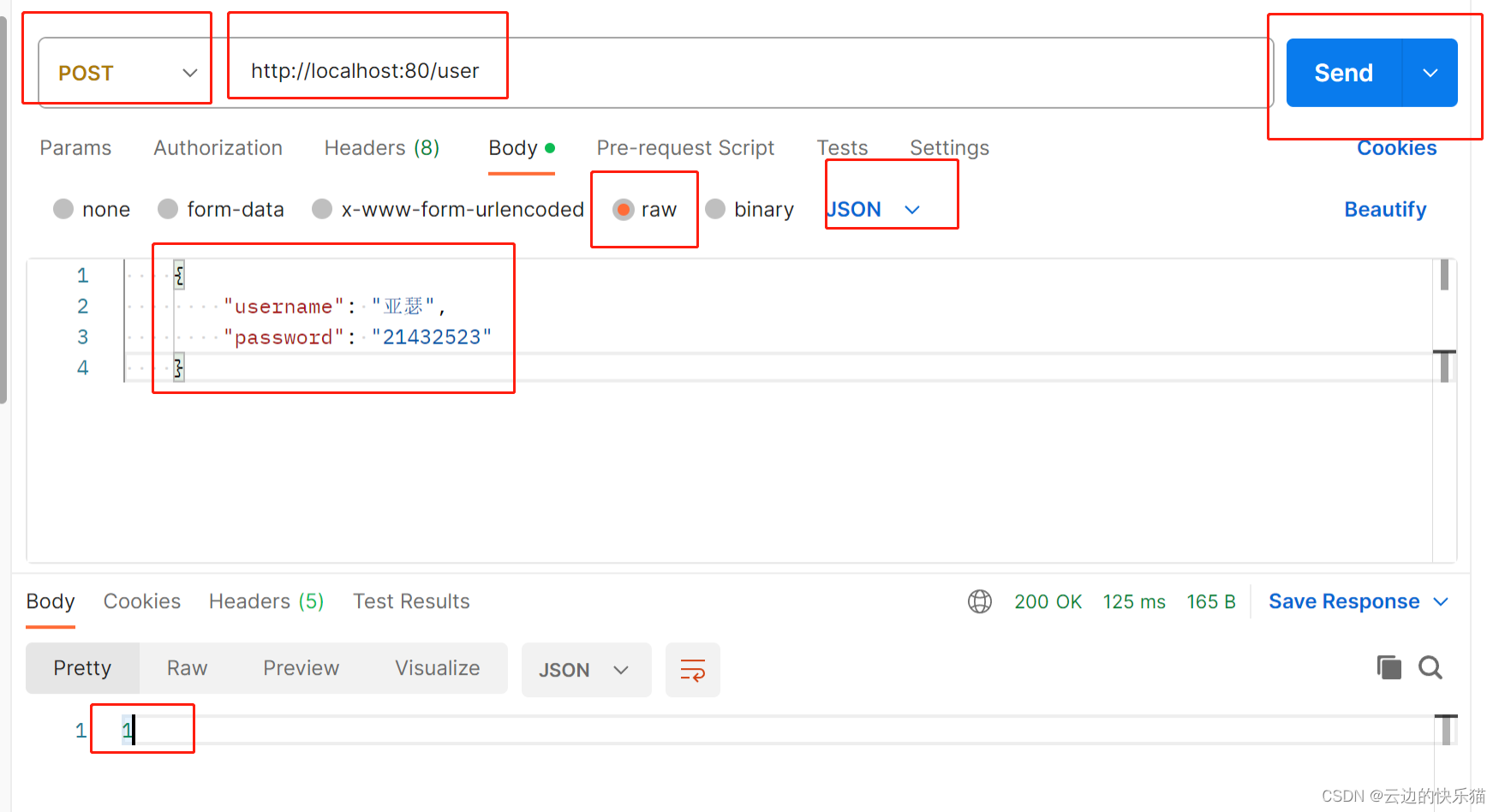

修改
put请求,往里面传入数据,用json格式,修改id为9的数据,修改成功返回1
http://localhost:80/user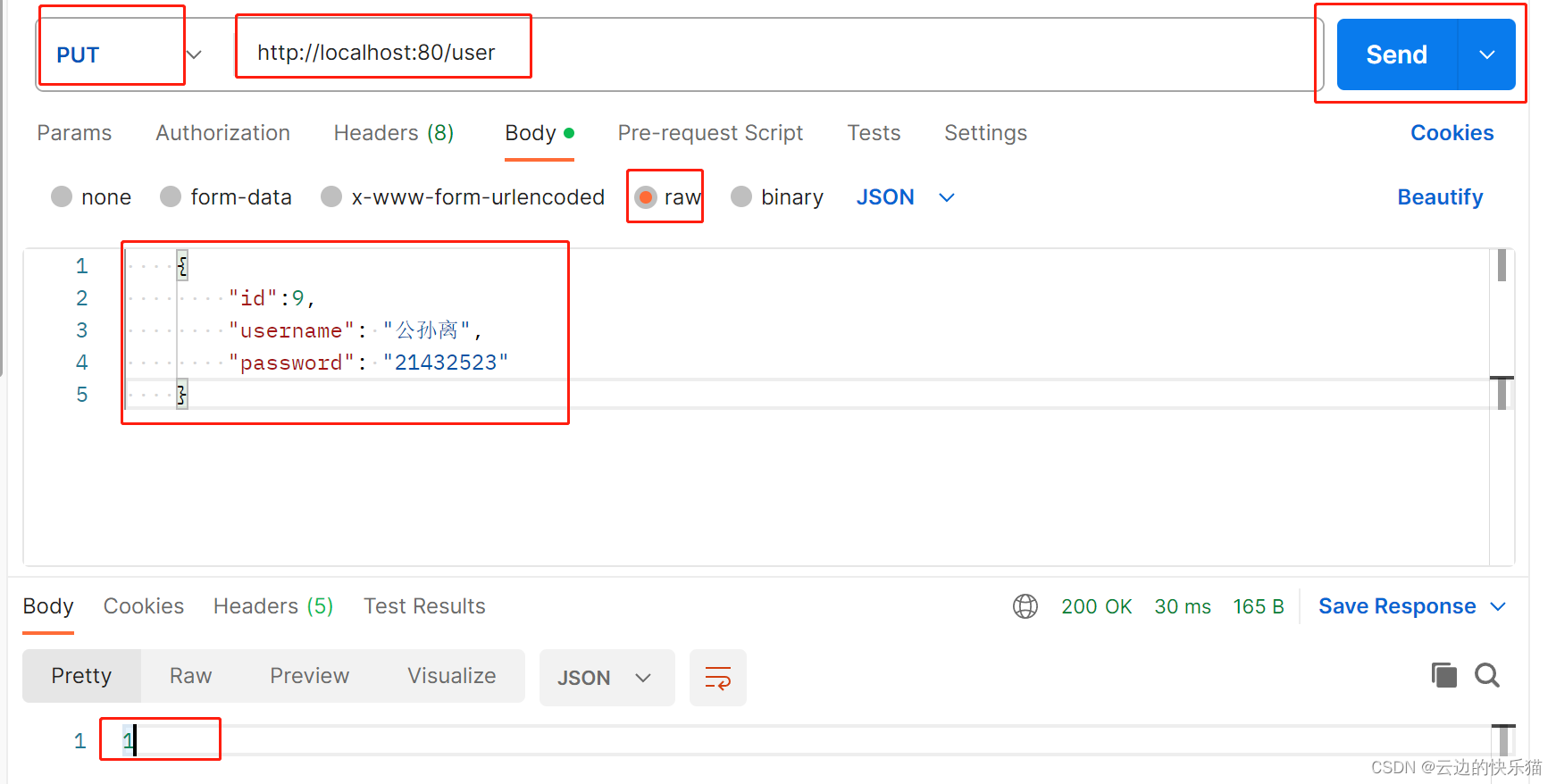

五、代码获取
链接:https://pan.baidu.com/s/18Cy1RluCx04_9TRi4nsiVg?pwd=jiux
提取码:jiux
